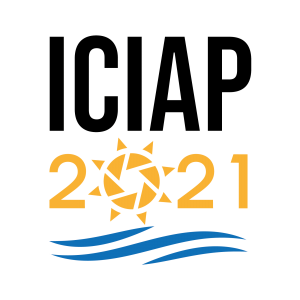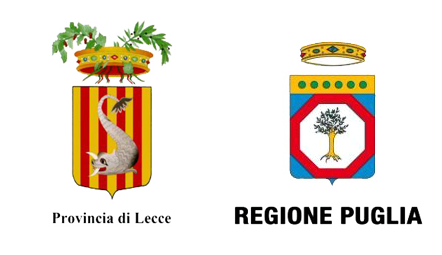AN INTRODUCTION ON DEEPFAKES CREATION AND DETECTION APPROCHES

ABSTRACT |
| In the last few years, deep artificial neural networks have been successfully applied on several problems, especially in computer vision applications. As a consequence, deep learning is being extensively used in most of the recent day-to-day applications. The current performances achieved by modern Generative Adversarial Networks put the attention of researcher on emerging topics related to multimedia content authenticity and vulnerability of applications based on AI technology. The tutorial presents how GANs can be used to generate the so called “deepfakes”, which can be used for malicious applications, as well as methods and best practice to detect deepfake contents. The tutorial will also provide an introduction on industrial techniques, impact and specific attacks (e.g., CEO-phishing-frauds) based on deepfakes. The second part of the tutorial focuses on the practical creation of deepfakes and development of countermeasures. |
SPEAKERS |
|
Alessandro Ortis, Oliver Giudice, Luca Guarnera Alessandro Ortis is a Research Fellow in Computer Vision at the Department of Mathematics and Computer Science of the University of Catania. He has been working in the field of Computer Vision research since 2012, when he joined to the IPLab (Image Processing Laboratory). In January 2019 Alessandro achieved the PhD in Mathematics and Computer Science with a PhD thesis that investigates several aspects related to Visual Sentiment Analysis applied on crowdsourced images/videos. Part of the PhD research has been spent at the Imperial College in London, under the supervision of Prof. Catarina Sismeiro. Oliver Giudice received his degree in Computer Engineering (summa cum laude) in 2011 at University of Catania and his Ph.D. in Maths and Computer Science in 2017 defending a thesis entitled “Digital Forensics Ballistics: Reconstructing the source of an evidence exploiting multimedia data”. From 2011 to 2014 he was involved in various research projects at University of Catania in collaboration with the Civil and Environmental Engineering department and the National Sanitary System. In 2014 he started his job as a researcher at the IT Department of Banca d’Italia. For various years since 2011 he collaborated with the IPLab \url{(http://iplab.dmi.unict.it}) working on Multimedia Forensics topics and being involved in countless forensics cases as Digital Forensics Expert. Since 2016 he is co-founder of “iCTLab s.r.l.”, spin-off of University of Catania, company that works in the field of Digital Forensics, Privacy and Security consulting and software development. His research interests include machine learning, computer vision, image coding, urban security, crypto-currencies and multimedia forensics. Luca Guarnera was born in Catania, Italy, on October 26th of 1992. Since 14 October 2021 he is a Ph.D. in Computer Science (XXXIII cycle, PON number E37H18000330006) by discussing the thesis entitled “Discovering Fingerprints for Deepfake Detection and Multimedia-Enhanced Forensic Investigations” at the Department of Mathematics and Computer Science, University of Catania. He received his Master’s Degree (cum laude) in Computer Science at the Department of Mathematics and Computer Science, University of Catania, in 2017. He joined IPLab in 2015. In 2017 and 2019 he participated, at two Mohamed Bin Zayed International Robotics Challenge (MBZIRC), an international robotics competition. He participated in four editions (2016-2017-2018-2019) of the International Computer Vision Summer School (ICVSS), one edition (2018) of Medical Imaging Summer School (MISS), one edition (2018) of Summer School on Signal Processing (S3P). His main research interests are Computer Vision, Machine Learning, Multimedia Forensics and its related fields with a particular focus on Deepfake phenomenon. |



